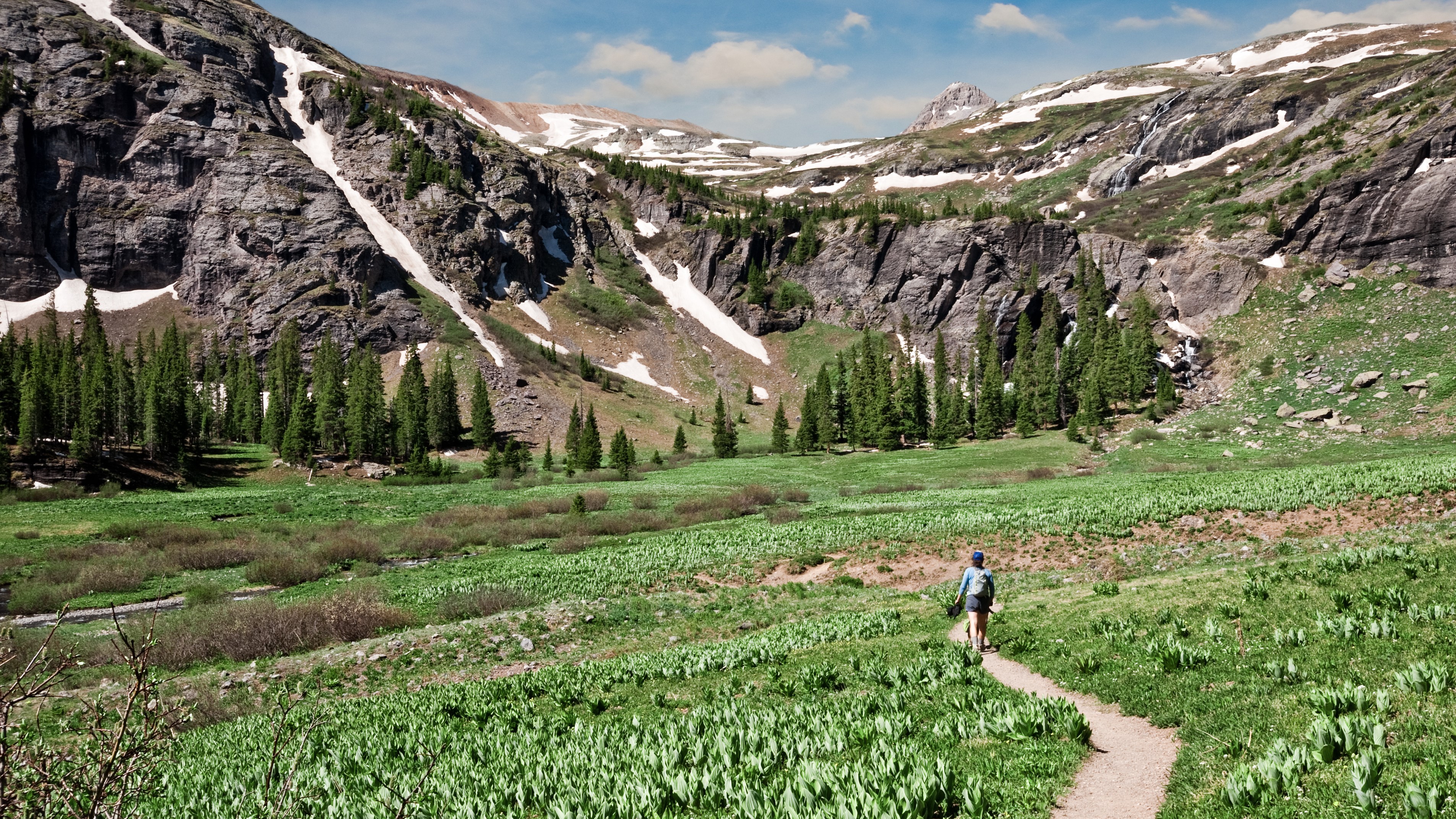
When I lived in Vail, Colorado at approximately 8,000 feet above sea level, I had a friend who always bought a bag of chips whenever he went down to Denver. He’d leave it on the passenger seat of his car for the drive back home and watch it expand as he went up in altitude so that by the time he pulled into his driveway, it looked like it was going to explode. Then he squeezed it so that it popped open with a loud bang and this brought him no end of amusement.
When you live at high altitude, you’re used to things expanding – every time you open a bottle of sunscreen or hand sanitizer, it sprays you in the face. This is due to the lower pressure at altitude, which also means that eggs take ages to boil, and good luck ever getting beans to cook from scratch without a pressure cooker. But if altitude has this effect on containers and water, what exactly is it doing to your body?
Whether you’re planning to pack up your hiking boots and travel to the mountains for an active vacation or packing up your apartment and escaping city life, you’ll probably already be aware of some effects of altitude, such as the potential for altitude sickness. But beyond that, some odd things happen to your body at higher elevations, some of which we can explain and some of which we can’t, and you’re going to want to know about them before you go.

1. You fart a lot
Life in a mountain town looks glamorous, but behind the glitz and glamour of high-speed chairlifts and well-groomed hiking trails lies a lot of flatulence. It might sound like a joke, but Australian researchers ran a study on so-called "high altitude flatus expulsion" back in 2013 and found that the frequency of farting more than doubled when their test subjects traveled up to a mountain at 5,249 feet above sea level, and continued for 18 hours following the ascent.
Scientists don’t exactly know why this happens, though some hypothesize that it’s just the reduced pressure allowing your gut to expand like it does a bag of chips, but either way, if you’re moving to the mountains for solitude, this should help.
2. You feel super out of shape
You could be the fittest person in your friend group back home, but come to altitude and you’ll find yourself humbled, huffing and puffing even though you’re just walking up a few steps. You might be a marathon runner at sea level but you’ll probably find you need to take breaks when you’re hiking at altitude, and running at high altitude feels like a death sentence.
It all gets a bit easier the longer you stay (think weeks and months, not days) but remember to slow down, take breaks and pretend you’re admiring the view to save face.

3. Your fingers swell up
If you wear a wedding ring, you might want to take it off during any high altitude hiking you plan to do, and that’s not for nefarious reasons. Once you start climbing, you might find your fingers alarmingly swell up like sausages.
Doctors don’t exactly understand why this happens, though it could be down to factors like vasodilation and thermoregulation being exaggerated at altitude. Don’t worry though, the swelling goes down pretty quickly once you get back to the trailhead and you won’t look like Homunculus forever.
4. You become a lightweight
Now it’s true that a 1987 study found no evidence that altitude increases alcohol impairment, but if you’ve ever had a few drinks on a sunny deck after a day of skiing, or on a plane for that matter, you’ll probably have noticed they went to your head much faster than normal.
It could be that scientists are just looking at the wrong metrics, and it’s possible that you’re just more dehydrated at altitude, but whatever the reason, mountains locals know that you’ll be a cheaper date when you go up in vertical feet, which is a good thing, because in mountain towns everything is more expensive.

5. And you might lose weight
Stay at high altitude for just one week, and you could shed a few pounds. A 2010 study took 20 obese men to an Austrian mountain via cablecar where they spent a week at about 8,700 feet eating whatever they wanted. By the end of the seven days, they had lost, on average, 3.3 lbs.
Though there was no control group, making it difficult to draw sure conclusions, scientists speculate that a loss of appetite combined with your body being forced to work at a higher metabolic rate is the cause. If you move to a mountain town, you’re likely to have a more active lifestyle than you might in a city, which will also contribute to weight loss.
6. You’ll smash it when you get back to sea level
Yes, you'll be a gassy, panting mess with fat fingers up above treeline, but there is good news. If you spend long enough running and hiking at altitude to really acclimate, which takes at least a month at 8,000 feet according to the Center for Wilderness Safety, those activities will start to feel a little more manageable, even if they never feel effortless.
Head back down to sea level, however, and you’ll suddenly be a running machine, sprinting along the trail with the grace of a gazelle and overtaking gasping runners with ease. It doesn’t last long, though, so make sure you enjoy it while it lasts and sign up for a couple of marathons, even if you're not actually a runner.







